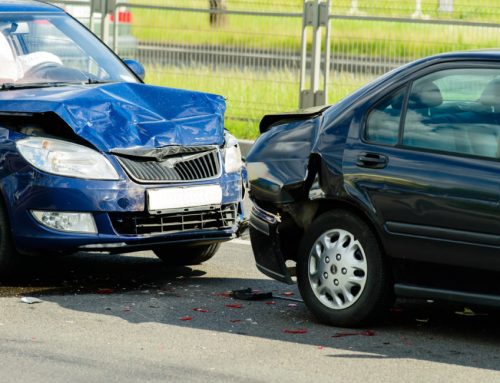In an accident, the instigator is almost always at fault. However, failing to abide by laws – especially seatbelt and helmet laws – may as well make you partly responsible for the accident.
South Carolina enforces seatbelt and helmet laws, which can have serious bearings on personal injury claims. To put it simply, you can expect lower compensation if you weren’t wearing your helmet or seatbelt when the accident occurred. Thus personal injury attorneys in Greenville, SC such as Guest & Brady reiterate the importance of complying with traffic laws for full compensation.
Here’s a review of helmet and seatbelt laws in the state. The information can help you paint a clear picture on how to secure full injury claims.
Helmet Law
South Carolina is among 27 states that have a “helmet age.” Specifically, the state requires motorcycle drivers and riders under 21 years of age to wear a helmet. This is specified in Section 56-5-3660 of the Code of Laws.
This doesn’t mean you’re out of the woods when you’re over 21, however. Even if the law doesn’t require you to wear a helmet, a head injury in this case may not result in full compensation due to a term called “comparative negligence.” Helmets reduce the likelihood of getting head or neck injuries, so the court would argue that you still should’ve worn one.
Seatbelt Law
There are two types of seatbelt laws in effect in the U.S. South Carolina is among 33 states that enforce the primary seatbelt law, where officers categorize failure to wear seatbelts as a full-fledged offense. The state requires the driver and all passengers to wear seatbelts. According to Section 56-5-6520 of the Code of Laws, the driver is liable for passengers under 17 years old.
Compared with not wearing a helmet, not wearing a seatbelt has a lesser implication in court, especially if the other side presents the wrong kind of argument. A personal injury attorney in Greenville SC can contest at least two types of arguments: contributory negligence and failure to mitigate.
The other side may argue that failure to wear a seatbelt contributed to the injury. However, the proximate cause of the mishap contributes more to the mishap in question. This doesn’t mean full compensation on your part, however.






